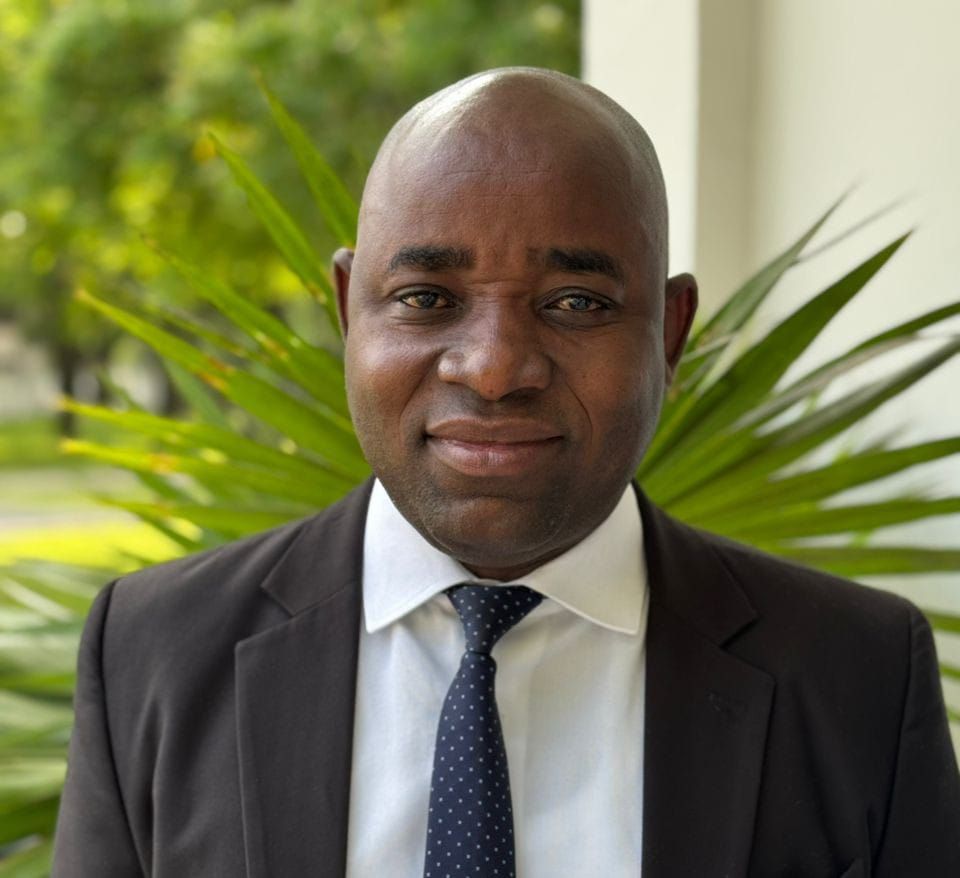
THE JUST ended presidential and parliamentary elections in Ghana mark a significant milestone in the country’s democratic journey. As the nation came together to exercise its constitutional right, the elections showcased Ghana’s commitment to upholding democratic principles, fostering inclusivity, and maintaining political stability.
A Democratic Triumph: Ghana has long been celebrated as a beacon of democracy in Africa, and the just ended 2024 elections reaffirmed this status. With a peaceful electoral process, the nation demonstrated its maturity in political governance. Citizens from all walks of life, irrespective of their affiliations, participated in the elections with enthusiasm and hope, reinforcing the ideals of representation and accountability.

The Electoral Commission (EC) of Ghana continued to play a crucial role in ensuring the elections were free, fair, and transparent. The deployment of advanced technology, such as electronic voting systems and biometric verification, minimized errors and strengthened public confidence in the process. Observers have so far commended the conduct of the elections, highlighting Ghana as a model for other democracies in the sub-region.
The Role of Technology: A standout feature of the just ended 2024 elections was the extensive use of information technology. The digital transmission of results from polling stations to the Electoral Commission’s central system ensured timely and accurate reporting. Social media platforms and news outlets kept citizens informed in real-time, reducing anxiety and speculation. Moreover, the integration of artificial intelligence in monitoring electoral irregularities added an extra layer of scrutiny, promoting transparency.

Citizen Engagement and Turnout:
The elections witnessed a significant voter turnout, reflecting the citizens’ unwavering commitment to shaping the future of their nation. Young people, in particular, emerged as a powerful force, leveraging technology to mobilize voters and advocate for issues central to Ghana’s development, such as education, healthcare, and economic growth. This heightened civic engagement is a promising indicator of a vibrant democratic culture.
Challenges and Lessons Learned:
Despite the successes, the elections were not without challenges. Technical glitches in some polling stations, logistical delays, and isolated reports of voter intimidation highlighted areas requiring improvement. Addressing these issues will be crucial for future elections. Strengthening voter education and enhancing the capacity of electoral officials are steps that can further solidify Ghana’s electoral process.
A Path Forward for Ghana:
As Ghana transitions from election mode to governance, the focus shifts to delivering on campaign promises. The newly elected leadership has the immense responsibility of uniting the nation and addressing pressing challenges, such as unemployment, infrastructure development, and climate resilience. Collaboration among political parties, civil society, and the private sector will be key in driving progress.
Moreover, the elections have underscored the importance of inclusivity. The representation of women and marginalized groups which hitherto is an issue in parliament and other leadership positions should remain a priority. Ensuring diverse voices are heard and considered will strengthen Ghana’s democracy and foster equitable development.

Conclusion:
The just ended Presidential and Parliamentary elections in Ghana are a testament to the nation’s democratic resilience. By conducting a transparent and peaceful electoral process, Ghana has not only strengthened its democratic institutions but also inspired other nations. As the country looks ahead, the lessons learned from these elections will serve as a foundation for building a more inclusive, prosperous, and united Ghana.
Frank Banor Tetteh
MSc Information Technology Student and a Researcher
frankbanortetteh@gmail.com
Source: Nationaltyme.com

















